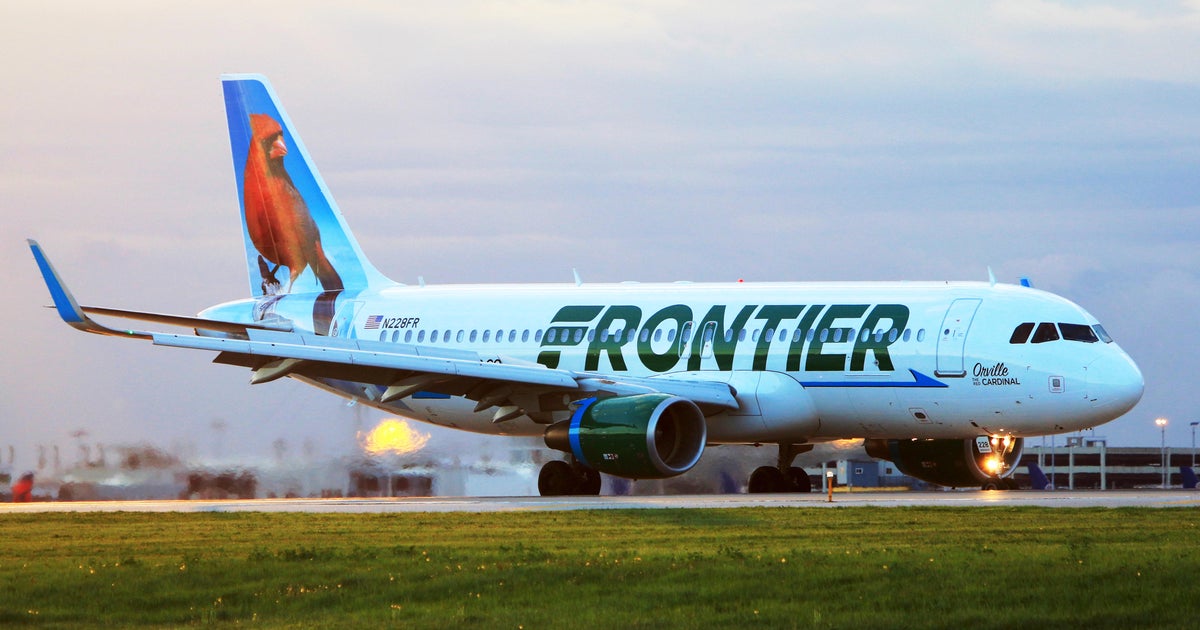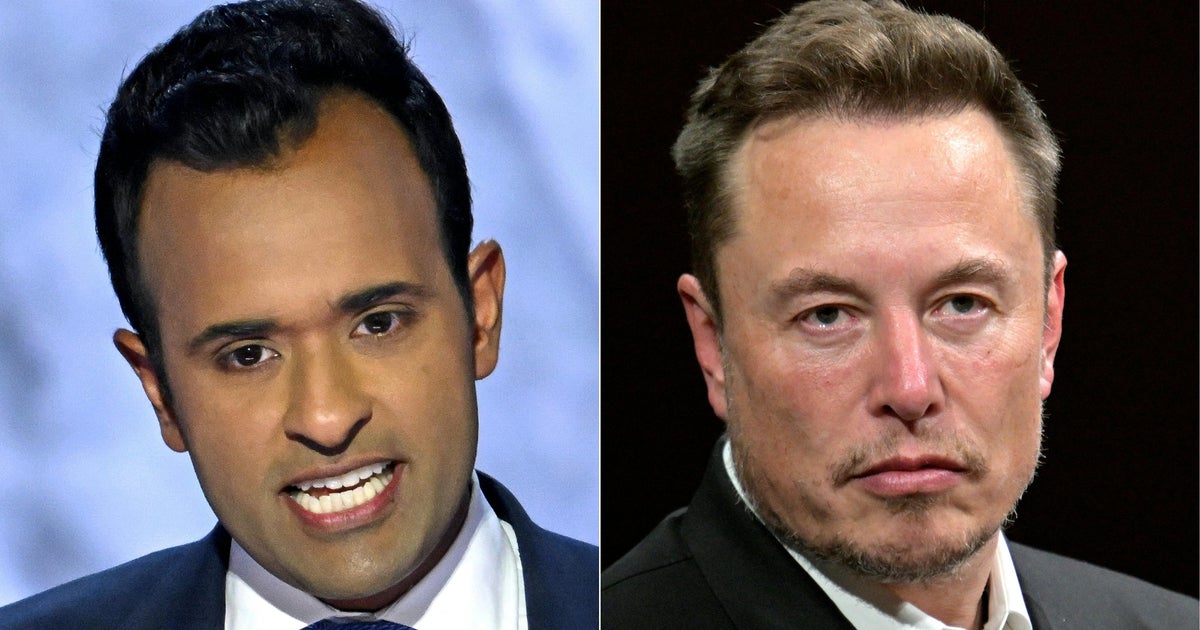Europe travel ban starts today. Here's what you need to know
Airlines and travelers are still sorting out the new travel ban that President Donald Trump announced this week that bars most foreign visitors coming to the U.S. from continental Europe for 30 days.
The ban will affect 7,300 flights — and more than 2 million airline seats — scheduled from 26 European nations to the U.S., according to travel data firm Cirium. The ban starts midnight on Friday.
The ban comes amid a week of dizzying escalation that's seen the coronavirus pandemic spread to more than 120 countries, with senior members of governments around the world among those affected. Every aspect of modern life has been impacted as Western countries, including the U.S., increasingly adopt the kind of control measures that appear to have helped China get over the worst of its COVID-19 outbreak.
Airlines are reeling from a drop in travel caused by the new coronavirus, and the ban will add to pressure on carriers, said Alexandre de Juniac, CEO of the International Air Transport Association trade group.
Here are questions about the travel ban and its repercussions:
Who is covered by the new travel ban?
Most foreign citizens who have been in continental Europe in the 14 days before their scheduled U.S. arrival would be barred. The United Kingdom is exempt, along with Ireland, Romania, Croatia, Ukraine and other countries.
The ban doesn't apply to American citizens returning from abroad. It also doesn't cover foreigners who are lawful permanent residents of the U.S., or the spouses or children of American citizens and foreign children being adopted by Americans. Trump's executive order also carves out exemptions for airline crews, people on United Nations business, foreigners invited by the U.S. government to help contain the virus, and anyone whose entry is deemed to be "in the national interest."
Where can Americans re-enter the U.S.?
One of 11 airports: Atlanta; Dallas-Fort Worth; Detroit; Newark, New Jersey; Honolulu; Kennedy Airport in New York; Los Angeles International; Chicago O'Hare; Seattle; San Francisco; and Dulles International outside Washington, D.C.
Will the ban protect Americans?
Dr. Anthony Fauci, the the National Institutes of Health's top official on infectious diseases, said Thursday that 70% of new infections can be traced to Europe. "It was pretty compelling that we needed to turn off the source from that region," he told a congressional panel.
Other medical experts are skeptical, noting that the virus is now being passed through so-called community transmission — among people who haven't traveled overseas or been in contact with someone who has.
Dr. Bruce Aylward, who led a World Health Organization team in China as the COVID-19 disease was surging last month, said countries might gain in the short term by limiting travel but overall "it doesn't help to restrict movement."
Which flights will be affected by the ban?
American Airlines said late Thursday it will suspend flights to Amsterdam, Frankfurt, Munich and Zürich on Friday. It will fly to Paris, Madrid and Barcelona for up to seven more days before stopping those routes. It will reduce flights to London.
Delta said Thursday that it will suspend seven routes between the U.S. and Europe after Friday. United Airlines said it will fly its normal schedule to Europe through March 19, then cut back from an average of 63 flights a day to about 34 a day while monitoring demand. Delta, United and American all said they were capping fares on flights from Europe to the U.S.
Germany's Lufthansa Group said it will keep flying to Chicago and the New York and Washington, D.C., areas from Frankfurt, Zurich, Vienna and Brussels to maintain "at least some air traffic connections to the USA." But it will stop U.S.-bound flights from Munich, Geneva and Duesseldorf.
Norwegian Air said it would cancel most of its flights to the U.S. but operate flights from London normally.



